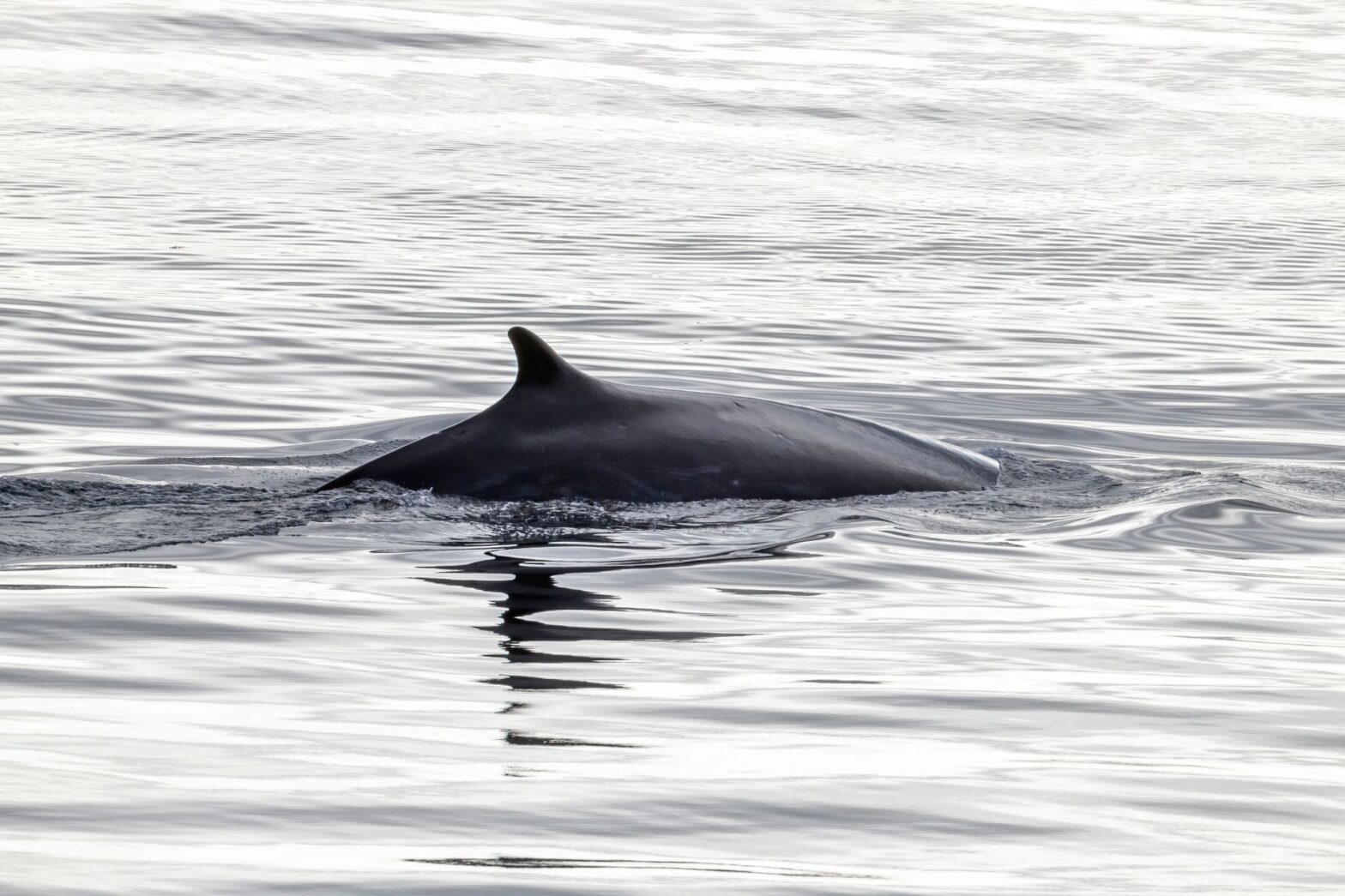Iceland kills first fin whale in four years
Iceland has resumed the hunting of fin whales in the northeast Atlantic. This new whaling season is one that many of us had hoped would not start and especially after the Icelandic Fisheries minister boldly highlighted earlier this year that their whaling made no economic sense. Nonetheless, those in charge of the Icelandic whaling industry, sent the two remaining whaling vessels that are large enough to capture and tow a fin whale, off to sea earlier this week and, today, the first bloody images were seen of their first kill hauled up onto the flensing station where he or she will be reduced to slabs of meat and blubber designed predominantly for the Japanese market.
No whaling had occurred in Iceland for four years, apart from a single minke whale taken in 2021. Iceland has set its own quota for this year at 161 fin whales and 217 minke whales and its whaling season is set to run until September with some 150 people expected to be employed to run the ships, the whaling station and the processing plant. How many whales will be killed remains to be seen.
What we do know is that the Icelandic whaling industry now lacks the public support that it used to have. This is apparently from a recent poll, and this combined with the conclusion that it does not make money and harms Iceland’s tourist industry leave us at OceanCare wondering why it still continues.
It is now almost exactly forty years since the legally agreed moratorium on commercial whaling was passed by the relevant international body, the International Whaling Commission. This is widely regarded as a huge conservation success, but Iceland remains as one of a small handful of countries that still defy it. It is time for the country to move away from this old-fashioned idea and embrace the whales for the incredible animals that they are and their role as part of this planet’s ecological maintenance system. Fin whales – like all the whales – belong to no one country, they belong to all of us, and should have the highest level of protection.
